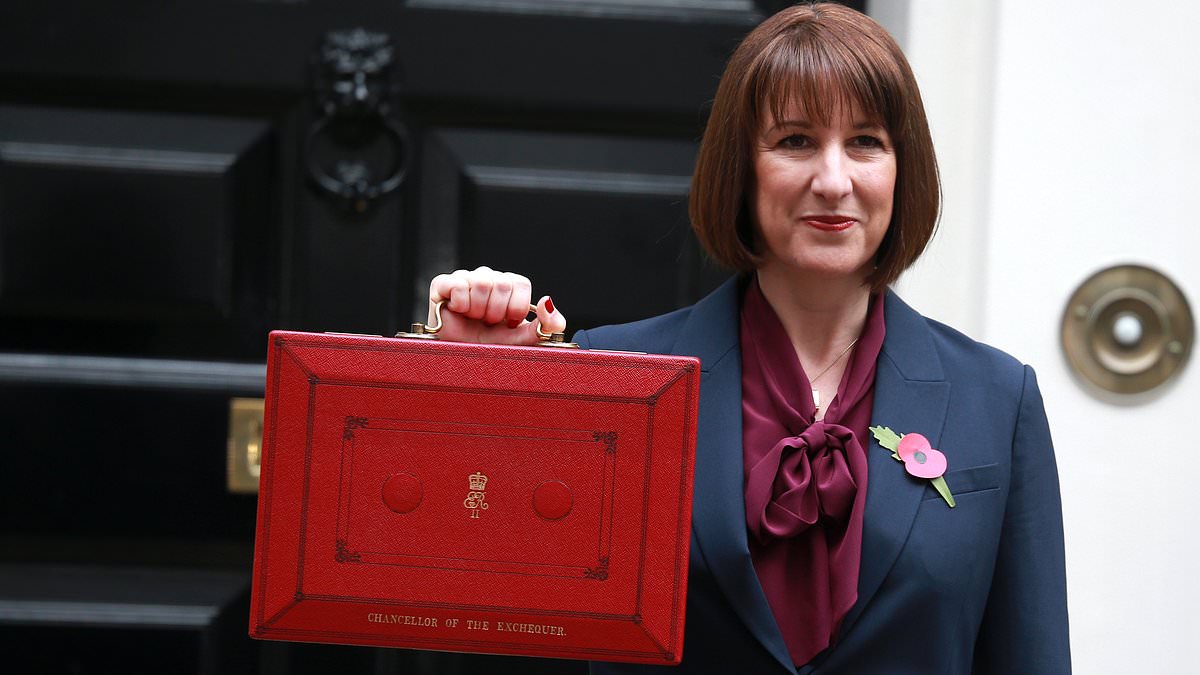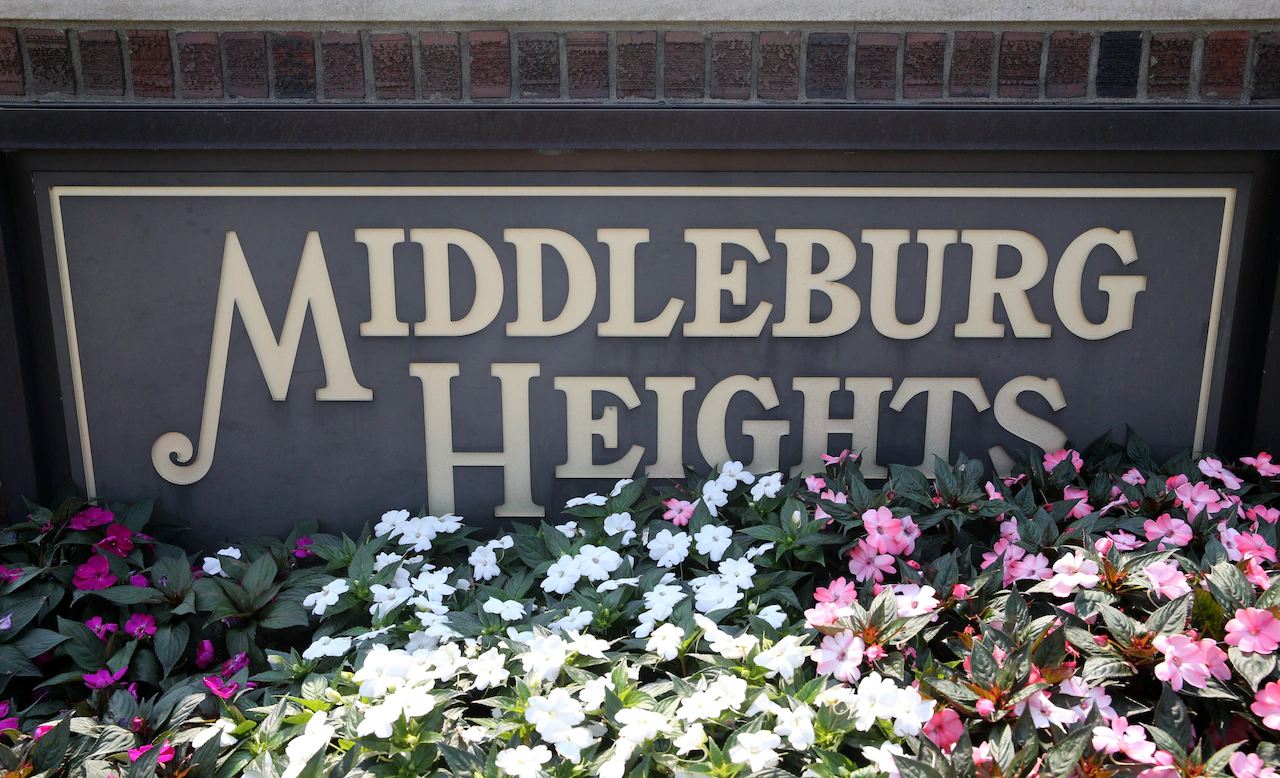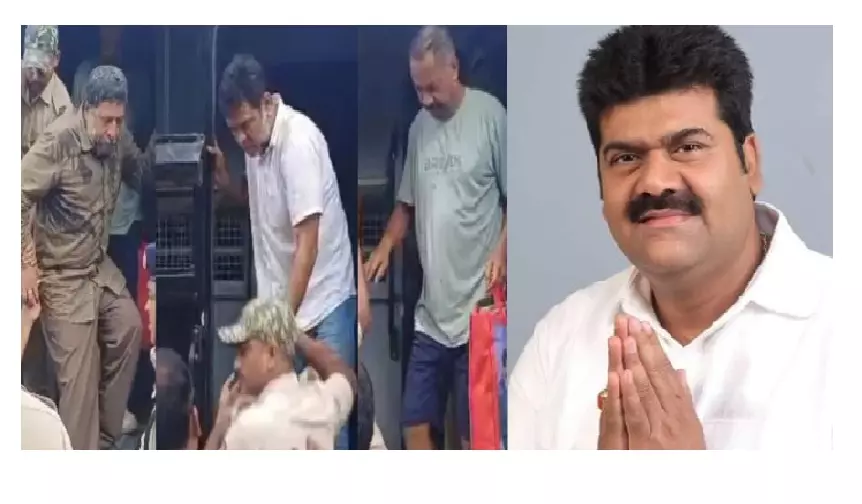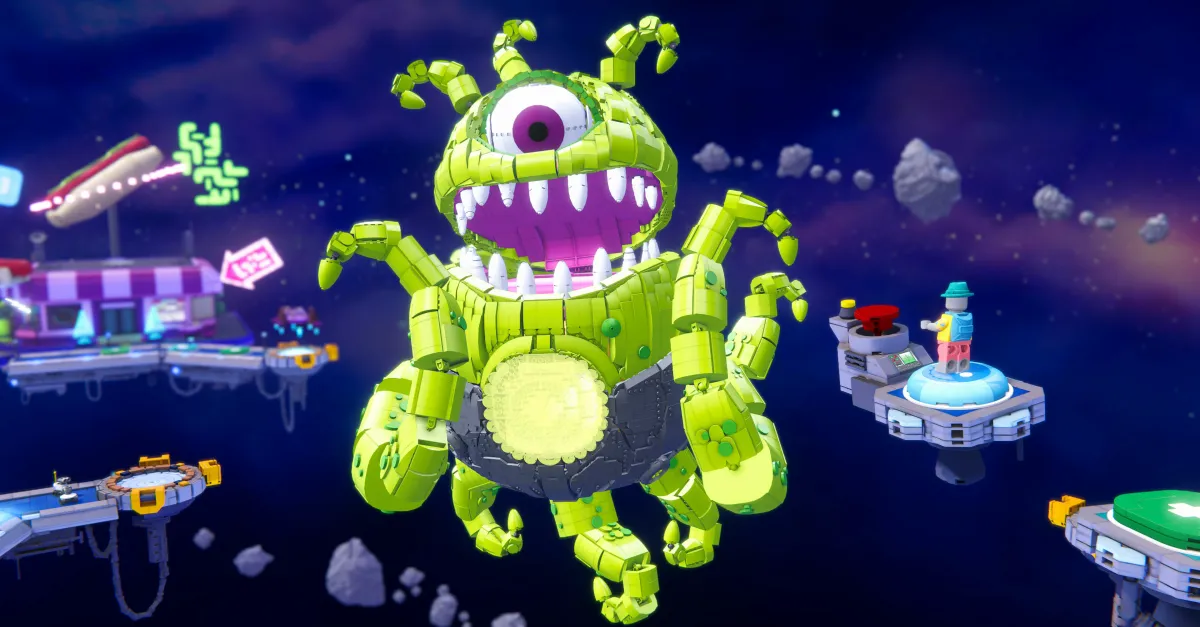Copyright Variety
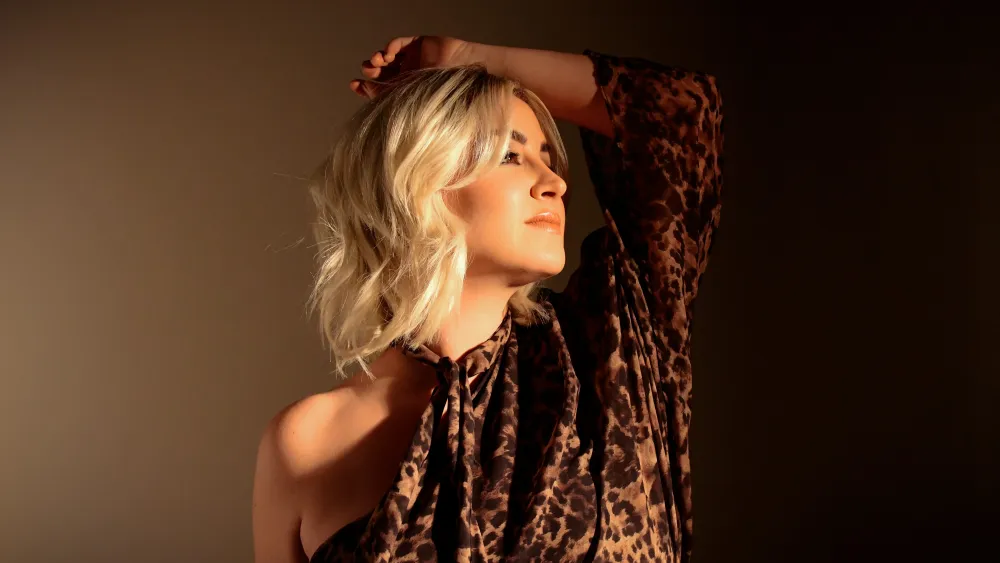
Ask any music pro in Nashville who their five favorite singers are, and there’s a good chance that Maggie Rose will be part of their shortlist. Not that she hasn’t developed a notoriety outside of Music City, too, with the handful of albums she’s released, especially 2024’s Grammy-nominated “No One Gets Out Alive.” And her vocal talents get her called in as a collaborator far and wide, like when she was brought in as a duet partner for My Morning Jacket’s Jim Jones at this year’s MusiCares Persons of the Year event. But it’s in her hometown musical community that she might be most known as a singer’s singer, among the type of people who are especially qualified to render that judgment. And a writer’s writer? Her talents in that regard are catching up to the appreciation for her vocal chops, as evidenced in how she was nominated at the most recent Americana Honors & Awards for Emerging Act of the Year, kudos that wouldn’t come if she was only revered as a vocal stylist. Now, she’s quickly followed up the heavily orchestrated and dramatically balladic “No One Gets Out Alive” with a more buoyant, pop-focused EP, “Cocoon.” The subject matter of these six new songs was influenced on the hopeful side by the then-impending birth of her first child, Graham, and on the more cynical side by some of the music-industry dealings that found her making a label change between these two most recent projects. Rose caught Variety up on the EP and other recent developments backstage at Nashville’s Schermerhorn Symphony Center, where she was doing a bucket-list show with the Nashville Symphony that blew the roof off the rather well-constructed joint. There, Rose sounded like she was to the orchestral manor born, although “Cocoon” (unlike the previous album) eschews that kind of elaborate instrumentation for a leaner kind of pop. Rose discussed her stylistic evolution — which will further be seen in an album she’s working on with Daniel Tashian and Lawrence Rothman for 2026 — and why she feels at home in pop, Americana, the jam band circuit and, yes, even country, although she hasn’t really been a part of that latter scene for a while. You were just nominated for Emerging Artist of the Year by the Americana Music Association. But you’ve been releasing music for 12 years. So how does it feel to be emerging? I think that’s the brilliance of the award: they know that there’s a distinction between new artists and emerging artists. I moved to Nashville in 2008, so I’ve been kicking around a while, and that’s evident to a lot of people who’ve been following me. But it has been a big year for me, and I haven’t always been making music in this space. I feel welcomed by this community that I really respect and love, so I’ll take it. It’s a huge honor, and I also think that it’s a sign that I’ve continued to stay in love with making music and continued to examine myself as an artist and find myself in these new places. And I came by [the changes] honestly. Maybe it just took me a little bit to find my voice, but now I’m making music that’s the most authentic to who I am and what I want to do. And Americana also casts a very wide net, so I don’t feel beholden to some kind of sound. I think that they honor a lot of artists who explore their capabilities and artists who want to have sustainable careers and provide an accurate snapshot of where they are at, at that moment in their life, with each album. Even though Americana is a big umbrella to the people who really identify with it, a lot of people on the outside still think of it as meaning “twangy” or something like that. And anyone listening to your most recent album or EP would not go there, in thinking of your music. Yeah, I agree. I feel like there’s always a little explaining to do. But I think Americana as a community is still trying to tell their story, and they’re doing a good job of it. It’s exciting to be part of that community now because it’s an evolving genre. I do think that it’s a bit of a catch-all. I think there might be more of a belief system behind Americana than it is sonics at times. It’s analog, very human-made music. I don’t know that MJ Lenderman and I sound super similar, but I love his music and I think that we like to make music for a lot of the same reasons. But this is just a theory. No one’s wrong. There’s a lot of ways to define what today’s Americana is. I was just looking up some of the articles that have been written about you in People magazine. Because People magazine seems to cover all your important life developments — marriage, impending motherhood… They’ve been very consistent about that! Which is great. But looking back to their article about you getting married, in the mid-2010s, I couldn’t help noticing they identified you as “country singer Maggie Rose,” by definition. Probably nobody is going to stick that ID on you now. Even then I was kind of trying to shake it. I think about what you said with people thinking Americana is twangy — and because I’m a Nashville artist, especially with a publication like People that covers a wide audience, I think there’s something synonymous with being in Nashville and country. Also, I play the Opry once a month, still, to this day. So I think there’s a lot of reasonable factors that make people associate me with that. And I did release commercial country music early on. But I think at that point I was already beginning to explore what I was capable of. And it happened with [the 2018 album] “Change the Whole Thing,” which I did completely live. That’s when I abandoned the Music Row way of recording — which is not bad, but it was limiting for me to find the session guys who play on so many records, then you go into the studio and lay down the track, you sing your vocal, and you comp the hell out of the vocal and manicure it and perfect it. I kind of lost myself in that sound, so I tried to make a record with a live band and no isolation booths, where we all had to kind of live and die by the take that we liked. And thus began my departure from country. And it wasn’t a very hospitable climate to women trying to get played on the radio, particularly in 2015. So I’m happy for those challenges now because it was like, “Well, I’m still gonna make music, but this is not working for me.” On your last album, “No One Gets Out Alive,” you were on Big Loud, which of course is known as a country label. But you’re back off that now with your new EP. So was that a one-album experiment? Yeah. With Big Loud, I actually brought them “No One Gets Out Alive” completely finished, [after] I figured I would release it independently, like I had my previous two albums. I think Big Loud was trying to diversify their roster. I do believe they really loved the project, and they promised me the world, so I said, “Okay, let’s release it together.” They wanted what I had to offer in terms of being outside of what they typically release as their bread and butter, I think to kind of have some skin in the game of a critically acclaimed artist’s career. Three months after we finally released the album, they just decided that they were moving on. I felt like this album’s life was over, and I was super devastated and had to recommit myself to the music. I think I found out a week later that I was pregnant with Graham. Then I found out a couple weeks after that that we got an album of the year Grammy nomination in the Americana category, because I submitted for a Grammy on my own. And I was like, well, that’s what this album’s all about —going for it and believing in yourself. And while there was this disappointment early on in the life cycle of this record, I’d been around the block. I’d seen the underbelly of how disposable artists can be to certain labels. And I felt very let down by that, but I was so encouraged by what happened after that and felt complete ownership of the success that we eventually did have with this music. I just had to not falter and continue to believe in it. There’s some other songs on the new EP, “Cocoon,” that are me processing that surprise and grief, and also accepting some of that strength and anger, and also trying to encourage the listener — and myself, and my son — to take those chances. So it definitely colored a lot of my creative process, just that event in particular. But I got my masters back and got all the assets back, and I moved over to One Riot with Virgin Records pretty quickly after, and they helped me just continue to put gas on the fire with this music. You’ve got six songs on the new “Cocoon” EP, and we know you’re working on another full album for 2026. “Cocoon” seems to be in a different direction from “No One Gets Out Alive.” We’re not hearing any 60-piece orchestras on the EP. No. The intention with “Cocoon” was to bridge moments in time. It’s an examination of growth in all of its glory and all of its edges. I was expecting my son, who’s now six months old, and I wanted to have songs that I would want Graham to hear when he was feeling moments of doubt or needing encouragement. And some songs were written to unburden myself of certain emotions or feelings that I didn’t need to carry with me into this new chapter. A lot of these songs were recorded towards the end of my pregnancy and before he arrived, so it felt like a really great way to honor that growth that I was feeling as a person and as an artist, and sort of be a lily pad to get me to the next project that I was working on simultaneously, which has yet another kind of sound to it. This was vocal-forward, and some of these songs were just more pop-structured. Also, getting to do a duet with Grace Potter was something I was really excited about doing. So I feel like it’s a cool collection of songs that is pretty dynamic for the short time in which it was created. So do you think the EP has a distinct personality apart from what the next full album will be? It definitely does. With the record that I am currently working on, I knew that the sound was gonna be yet another big departure. I’m still trying to cultivate this LP I’m working with Daniel Tashian and Lawrence Rothman. … I hesitate to characterize it, but it’s very dreamy and there’s serious elegance to it. Daniel and Lawrence are such capable musicians, and there’s a little bit of jazz to it, there’s some R&B, and it’s ethereal. With the “Cocoon” songs, it’s an exploration of identity, and there’s excitement in there, but there’s also worry about what my life will be like after this very significant change. There’s a lot of happiness in the record, and that’s hard for me to do sometimes, just really step into and embrace the joy. The title “Cocoon” already sounds more upbeat than “No One Gets Out Alive.” The cocoon implies that there’s so much more to come —that there will be an emergence after this stage. And it also was a little mode of me kind of trying to protect myself a little bit, and knowing that I kind of needed to recover from such a big time and be creative and kind of hunker down for a little bit. So, it’s a happy record in many, many ways. There’s lots of nature imagery. There’s a song called “Sting,” and lots of insects. I don’t know what was going on, thinking unintentionally about that. But I can’t wait for Graham to be old enough to know what was going on when those songs were being recorded. It’s hard to sing when you’re seven months pregnant, though. I did feel that in the studio a little bit. But it’s easier to sing them live now. What do you think Graham will get from the music when he listens someday? I think the novelty of just the fact that they were all recorded while we were expecting him should be pretty cool for him. It’s like he’ll be able to read my diary of those moments before he arrived. And then there’s other songs still that have yet to be released that will be an even deeper dive into the vulnerability I was feeling. I think he’ll maybe understand some of the difficult things I was trying to juggle at the time as well. But he certainly is anything but a burden to me. Knowing he was coming made me work so hard and get my shit together, and being more selective about my time, treating this as the business that it is, even though it’s my dream job. Touring as much as I do is no joke, and you need to take care of yourself. And I wanted him to come into a great environment, so I was also trying to get my surroundings right and be selective about that too. You mentioned the first single, “Sting,” sort of fitting in with the unintentional insect theme. What’s that about? That’s me processing some emotions that I needed to leave behind — just feeling a little slighted and let down by people in the industry who had totally not delivered on promises they made to me and my music. But also, there’s so much tongue-in-cheek to it. I was at that point realizing things were gonna be just fine, but I had to make sure that I just got one little jab in there about how “I see you, and what you did, but I’ll be all right. I’m not stinging over here.” You’ve referred to your duet with Grace Potter, “Poison in My Well,” being a song about people who don’t support each other. Is it maybe iabout women specifically not doing that? Which, in that case, would make it interesting, or ironic, that you made the choice to sing it as a a duet with another powerful woman. I actually feel like my support system of women in this industry is really strong. It was more about just having so many good things happening and just seeing certain people having a little difficulty embracing that. Or they kind of want to suspend you in this place, or they refuse to see your growth or genuine accomplishments that you’ve come by in an honest way. And Grace is so not that person. I felt like [the duet] was a way to emphasize: “This is what it looks like to support one another.”… She’s an incredible vocalist. She knows exactly what she wants to do, because I’m not gonna tell her what to sing on it. I was like, “Second verse and whatever [else] you want.” She delivered, and that song has attitude and also playfulness, which she has in spades. She’s a good time. If you know Grace, you love Grace. Talking about Grace reminds me that I just wanted to ask a real basic question about how you see your voice. In a way, you remind me of Grace a little bit, or vice versa, in that when you listen to some of her music, you don’t know immediately what she’s capable of… Totally. And you have a reputation as a singer’s singer, and you’re a real go-to person if somebody wants a guest or a duet. But in your music, you’re not showing off a lot in any obvious fashion. I feel that about Grace, too —that she and you aren’t always doing the soulful thing all the time. Yeah. I mean, you won’t catch us doing vocal runs in everything. She and I do love to go full-sail and belt. Like, we need to do it regularly; singers have to sing. But we also have some restraint. She and I are really good collaborators, obviously with each other, and with other people, and that means being able to blend with other people and with the track and not being too heavy-handed on something that doesn’t need it. Just as sometimes vulnerability and a very sparse track are gonna be more effective than having a huge orchestral arrangement. But we know we have this rasp. We both love Tina Turner and Bonnie Raitt, and we love kind of stepping into our masculinity as vocalists. We want to be committed when we’re singing at times, but it becomes overbearing if it’s just constant. And so dynamics are so important — those quiet moments make those other moments pop. But she’s rock ‘n’ roll, for sure…. She’s got the growl, and I think I have the vibrato, and there’s a cool little mixture that we both have. You recently released a non-album single of yourself and Vince Gill singing “I Can’t Make You Love Me.” It takes a certain amount of nerve to cover a song associated with Bonnie Raitt. Yes, it does, but Vince helped me feel better about it. I just called up and he was watching the World Series and he said yes on a phone call. You gotta make the ask. The worst thing they can do is say no. He’s so legendary and he’s an example of a Nashville country artist who also plays with the Eagles and kind of goes wherever the music takes him. And I would struggle to really pinpoint what kind of artist Vince Gill is, either other than super talented, but he lives in a lot of spaces because he can. I want to hopefully follow in his footsteps and walk through a door that’s open to me if it looks like what’s going on in there is fun. In terms of collaborations, so many people have loved inviting you to do things on stage. You have talked about the jam band scene and how welcome you are in that world. Which is so pleasantly surprising and awesome. It’s what we were just talking about in reference to Vince Gill or even Grace. I’m gung-ho. I love a sit-in. If you invite me to join you at a festival, and it feels like a bit of a challenge and it’s like this incredible band that I get to jam with for a song or two, that’s exhilarating. It’s scary, and it’s a great way to make friends and maybe eventually collaborators. That’s what the jam world really seems to love, this live urgency of: Are they gonna pull it off? That’s the thrill of watching a band like Phish kind of meander and like, oh, it’s feeling dark, and then all of a sudden, you’re riding the wave with them and it comes together, and it’s unrehearsed. So I think that is what I attribute the affection I get from that community to. Collaborations that I’ve loved have included singing with Jim James of My Morning Jacket at the MusiCares Persons of the Year event this year. I think they are artists through and through. And singing in tribute to the Grateful Dead, it was surreal. I blacked out, I was so nervous, because it was such an incredible room of people, and we were staring at Bobby (Weir), like, “Don’t be mad — trying to do your song justice.” Collaborating with such different types of artists helps expand the talk of which genre you belong in… which, like most artists, you probably get tired of being asked about. With the genre [conversation, I never tire of talking about it, actually. Because I think it’s a necessity of our industry. And I want people to come to the live show. I want people to not write someone off based just o what their first Spotify song is. But it’s hard to expect that of your audience right now. You know? There’s so much out there. So I think that’s another reason to just keep releasing music and try to continue just being as generous as you can with what’s going on with you right now. There’s that balance between not being too precious with your songs and also making sure that you create that mood and that vibe that you’re trying to render. But when you’ve been taking people along with you through years and years, and trying to kind of figure out what works, you’re gonna have people asking about what genre you see yourself in. And that’s a privilege. “Finding your voice” has figurative and literal implications. I would think that 25-year-old me is a very different person than who I am now. I mean, I admire her and I’m proud of the bravery that she had to do what she enjoys doing, but I certainly think she made some weird decisions. And that’s sort of the beauty of it. I’m happy that I’ve been able to continue making music and arrive closer and closer to what I feel like is the best representation of the music I want to make. … I think we have one voice that should bend and alter and evolve, and that’s okay. We do only get one vessel, but we shouldn’t feel bound to one sound. The audience might disagree, and your marketing team might disagree as well, but you’ve gotta go for it.
